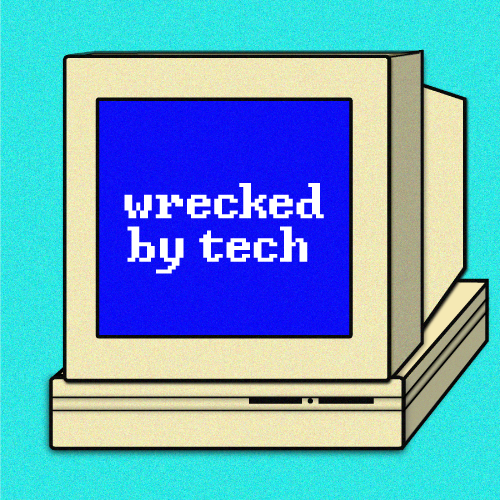Instant Articles, net neutrality, and the struggle for load times
Facebook's Instant Articles are opening up to everybody—or are they?
How long did you wait for this page to load? Ballpark, say, 3–6 seconds? That's probably not good:
Image courtesy of Hobo Internet Marketing (drawing on a study done on e commerce sites, but still not great for small blogs like this).
If my metrics are right, you're probably reading this on an iPhone, using mobile Safari or mobile Chrome. Or maybe you're reading within the Facebook app—which could be good news for my load times.
Today Facebook is opening up Instant Articles—a clever solution to the load time struggle that enables faster, better-looking articles within Facebook—to all publishers. Up until now, Instant Articles was limited to big players like The New York Times, BuzzFeed, The Atlantic, The Guardian, Vox Media, and BBC News (among others). According to Facebook's website, articles load up to 10 times faster than normal, and from what I've seen, that sounds about right (The Verge's Instant Articles take 1–2 seconds on my iPhone 6). That kind of speed boost is a huge boon to everyone who posts content links to Facebook—including me.
I don't make money off this site, but I still want people to read it. And I know a couple seconds could be the difference between "I wonder what this is about" to "I don't have time for this." So when I heard the news, I had to investigate.
The full guide is here: some of the 12 mandatory steps are labor-intensive, but none are fully out-of-reach for most publishers. Technically. I want to be part of this, but there are two daunting steps here: post count (you need to submit 50 articles for review) and a mandatory brand Page (you can't post from a personal account).
Post count is a matter of time—I'll have enough content within 6 months—but a Page is a bigger problem. I could make a Page, but ideally Pages are for brands—and this is my personal site. It's my name, my thoughts, and I direct to it from my social accounts. It's on the web for everyone to see, sure—but is it a brand? Wouldn't making a Facebook Page for "rileydmcdonald.com"—or Riley McDonald, for that matter—be insanely arrogant?
I suppose if you get big enough—like some mommy bloggers, travel bloggers, or photography bloggers do—you need a fan page (not that I'll ever be at that level). But those people usually start blogs with a title, not a name, and a title is easy to brand. Should I have done that? Have I shot myself in the foot by blogging on a site named after me?
To be clear, I'm not saying Facebook is lying, per se—they did say publishers—but I don't like what this represents. I'm technically a publisher (albeit a small one) and I'm at a big disadvantage thanks to these requirements. I want my audience (even if it's mostly people who know me) to have a good experience on my site, and that includes load times. Why can't the little guy come into the walled garden?
I feel Facebook Instant Articles are already a step away from net neutrality: they allow content to load faster, but only on Facebook, and only if it meets certain criteria. What does it say when only brands are allowed the luxury of speed?





